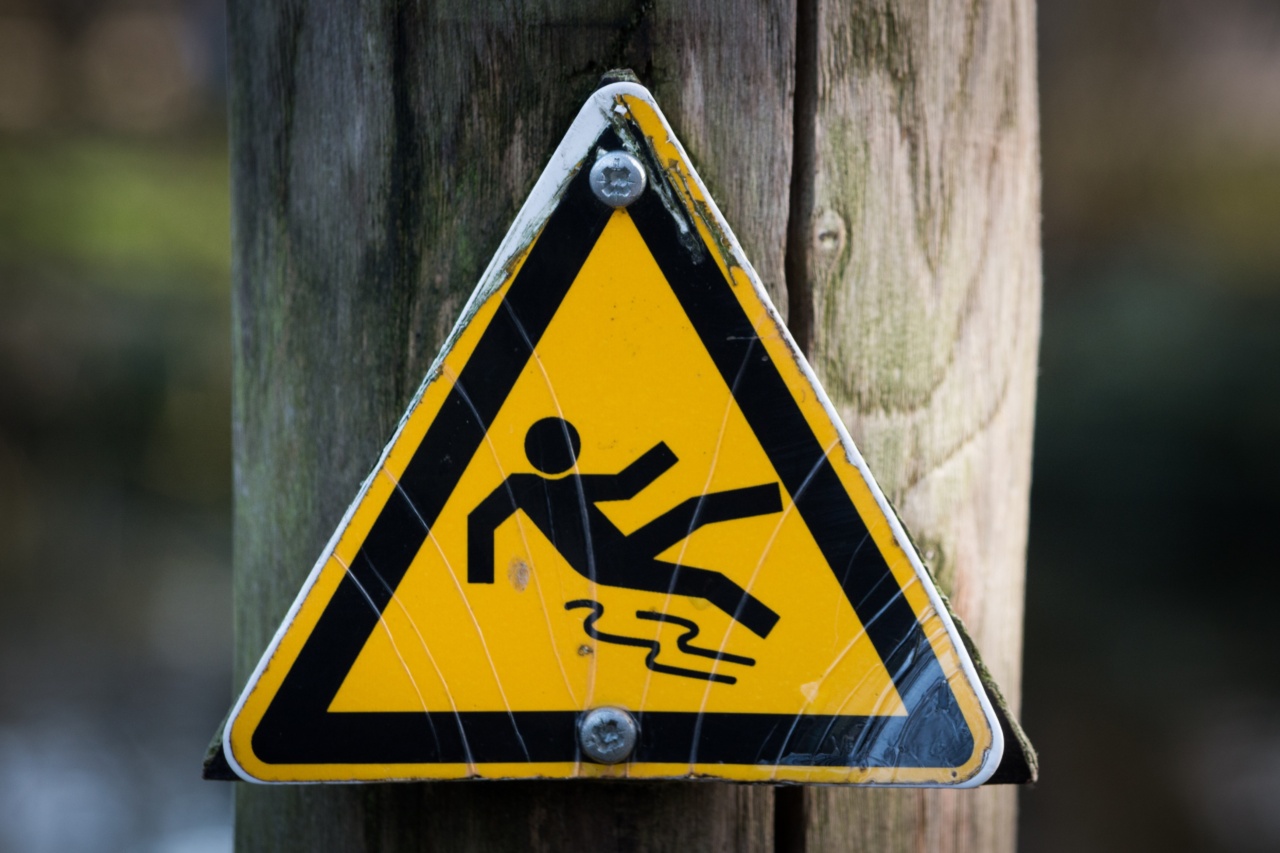Infidelity, also known as cheating or adultery, is a common phenomenon in romantic relationships. It involves engaging in sexual or emotional intimacy with someone outside of the relationship.
Infidelity can have a significant impact on the involved parties and the relationship itself. While the reasons for infidelity can vary, it is essential to recognize the warning signs that indicate the relationship is entering the danger zone and seek help to address them.
What is infidelity?
Infidelity is a betrayal of trust in a relationship. It involves engaging in sexual or emotional intimacy with someone outside of the relationship.
Infidelity can take many forms, including one-night stands, a series of sexual encounters, emotional affairs, or cyber infidelity. Regardless of its form, infidelity can have a significant impact on the people involved and the relationship that they share.
Why do people cheat?
The reasons for infidelity can vary from person to person. Some people cheat because they feel neglected, unloved, or unappreciated in their relationship. Others may cheat due to sexual dissatisfaction, boredom, or a desire for novelty.
Some may be seeking emotional intimacy, seeking validation, or sex addiction. Regardless of the reason, infidelity is a complicated issue that requires understanding and attention to address.
What are the signs of infidelity?
The signs of infidelity can vary from individual to individual and relationship to relationship. However, there are few warning signs that people can look out for to get an idea of whether their relationship is entering the danger zone or not.
These include:.
- A sudden change in behavior
- Increased secrecy or defensiveness
- Changes in sex or affection patterns
- Deflection or accusation of cheating
- Unexplained absences or a change in schedule
- An unexplained change in appearance or grooming habits
- A void or distance in terms of emotional connection
- Vagueness or evasion surrounding their whereabouts and activities
When is infidelity considered dangerous for a relationship?
Infidelity is always considered a betrayal of the relationship. However, it can cross the danger zone when it becomes a pattern or significantly impacts the relationship’s emotional and physical well-being.
A one-time affair or a momentary lapse in judgment may be forgiven with time and effort to rebuild trust. However, if a partner engages in infidelity repeatedly, or it turns into sexual addiction that is a serious issue to address.
When the infidelity continues, trust is broken and becomes difficult to regain, leading to the eventual destruction of the relationship.
How to deal with infidelity?
Dealing with infidelity requires emotional maturity and open communication between the partners in the relationship.
- Both partners need to express their emotions and concerns without criticism or blame.
- It’s essential to take responsibility for one’s actions and accept the consequences of cheating.
- Honesty and transparency should be maintained throughout the process to start rebuilding trust gradually.
- Seeking professional counseling or therapy can be helpful in reconciling the relationship and addressing underlying issues that led to infidelity.
- At times, it may be best to separate and work on individual issues on how to rebuild a better relationship moving forward.
Why is it important to address infidelity early?
It is essential to address infidelity early to prevent negative behavior from becoming habitual and leading to more destructive behavior. It is a difficult conversation and requires sensitivity and empathy towards the other partner.
Delaying confronting the infidelity existing within the boundaries of the relationship usually leads to high emotional trauma and greater difficulty in rebuilding the trust that has been lost.
How to reduce the risk of infidelity?
To reduce the risk of infidelity, it’s essential to communicate openly and honestly with a clear understanding of what each partner expects from the relationship.
It’s necessary to discuss boundaries and establish honest communication regarding one’s own feelings towards their relationship to avoid unwanted actions that have been against their expectations. It is essential to commit to fulfilling agreed-upon commitments, maintaining trust and empathy towards your partner.
It is also important to continue a deep emotional connection with your partner to prevent emotional disconnection that may lead to unwanted relationships outside of your own.
How to rebuild trust after infidelity?
After infidelity has occurred, rebuilding trust is a slow and gradual process that involves open communication and empathy and understanding towards the situation. It involves being honest, transparent, and taking responsibility for one’s actions.
Other steps include:
- Establish new boundaries
- Commitment towards personal growth and development
- Showing reliability, consistency, and honesty in words and actions
- Show empathy and patience in the healing process
- Seeking professional help, therapy, or counseling in serious cases.
- Learn to forgive, but don’t forget
- Asking for forgiveness and being genuinely remorseful about your actions
Conclusion
Infidelity is a complex issue that requires understanding and sensitivity. Early detection and communication via openness and honesty towards each other in the relationship can aid in avoiding crossing the infidelity boundary.
Infidelity is considered dangerous when it becomes a continuous pattern that significantly impacts the relationship’s emotional and physical well-being. Admitting the infidelity and seeking professional help is crucial in addressing underlying issues and initiating the healing process.
With time, empathy, and understanding with the pace of the affected partner, the relationship can get on the path towards healing and rebuilding trust to reestablish a strong, fulfilling relationship together.





























